Last week, Ellen Page came out of the closet during the Human Rights Campaign’s THRIVE conference. As a fan of the actress, I was thrilled. However, as someone of Pakistani ancestry, I think that celebrities coming out is a good opportunity to discuss why it’s an unfair expectation to have for all gays and lesbians. Many youth, including those in my community, have to navigate a myriad number of obstacles which make it impossible to go public. I also continue to wonder why it’s become an expectation in the first place.
Coming out of the closet is a brave thing to do, no matter who you are. Sure, loving gays and lesbians is fashionable for liberals now. There’s less of a risk of backlash for celebrities to come out than there is of receiving a phone call from President Obama. That still doesn’t mean that admitting your sexual orientation is easy, especially in public. Ellen Page is a brave woman for doing what she did, and deserved the standing ovation that she received.
It’s important to remember that there were a number of factors in Page’s life making coming out relatively unproblematic. Ellen Page is a successful white woman in liberal Hollywood. The potential for backlash is almost nil.
I think this is worth noting not because I want to minimize what Page has done, but because every time someone high-profile comes out, it inspires many others to do the same. The result is that the people who don’t start to feel embarrassed about it. This can be particularly true for Pakistanis, many of whom are raised on right-wing ideas about sexuality. If you’re Pakistani, you can have some very good reasons for staying in the closet.

Maybe you don’t want to risk being disowned by your family. After all, it can be very lonely to not have one when you were raised in a culture so heavily invested in the institution. You could have also heard the horror stories. For example, I was once told about a Punjabi man who threw his daughter out of the house and destroyed her birth certificate when he discovered she was gay.
There is also the possibility that you simply need your family for material support. This is most sinister if you’re poor, but it still applies when you’re a member of the professional middle-class.
The point is that there can be a huge number of hurdles that inhibit you from coming out. This can be true for anyone. It doesn’t make you less brave for not wanting to go public. Maybe you just want to dedicate your energy to other things, like getting into graduate school, or finishing that apprenticeship you started. You could also be waiting until you’re in a better position, financially and emotionally, before taking that step.
There is also another point that gets overlooked: it’s no one’s business anyway. I think that Page’s decision to live her orientation publicly is informed by her own personality, and works for her. However, I’m a bit irritated that activists are so obsessed with this ritual.
If someone is more private about their sexuality, and they don’t want people to know about it, than that person isn’t less “courageous.” They just don’t want to share. I don’t understand why that isn’t a good enough answer for everyone.
Photographs courtesy of Thomas Marthinsen and Tamara Craiu. Published under a Creative Commons License.
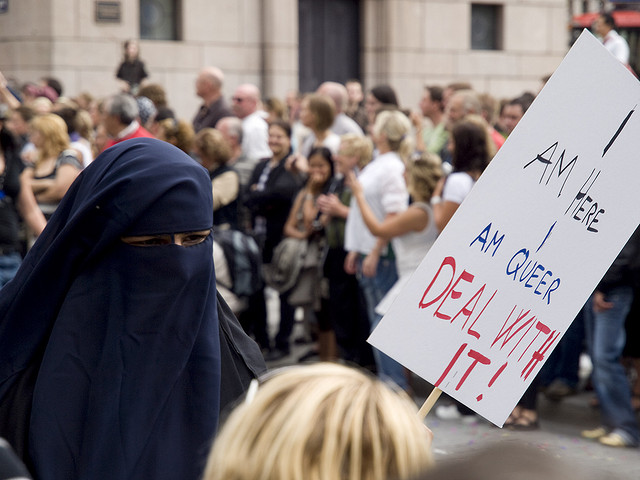
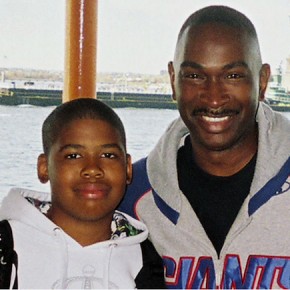
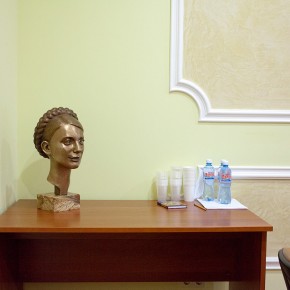
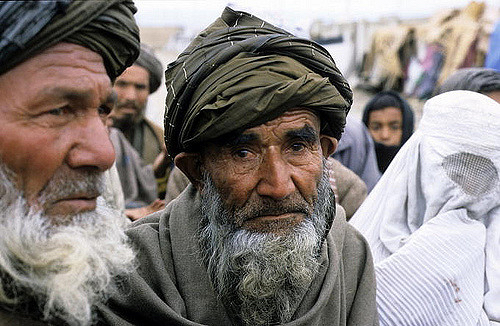
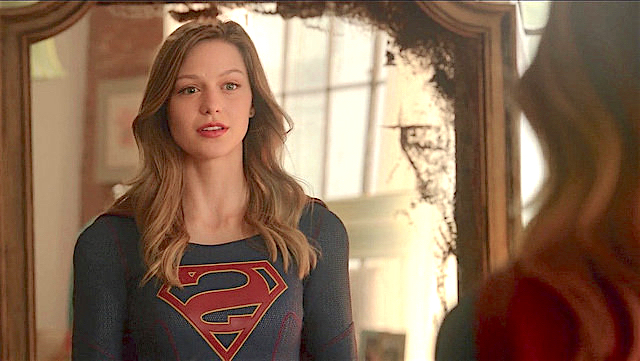
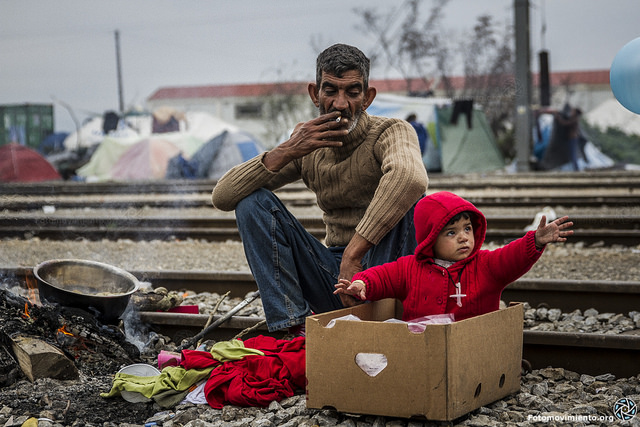
1 comment